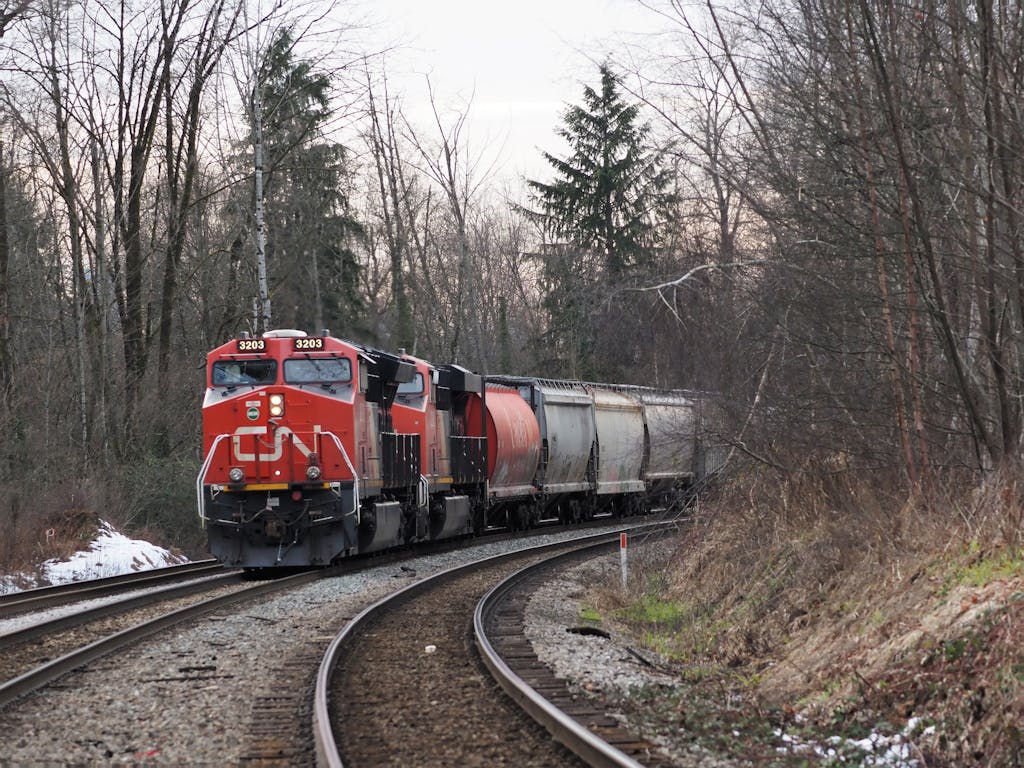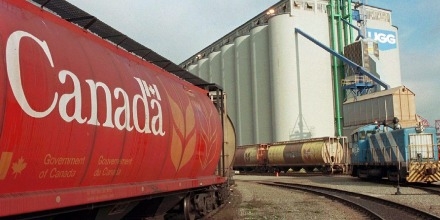A day after Bunge Limited and Viterra announced a deal that will see them merge into one agri-business company, reaction has been coming in.
Jim Smolik, a stakeholder relations person with Western Canadian Wheat Growers Association, says the deal shows the reality of businesses having to increase in size in order to meet demand.
“One of the things from our member’s perspective is going to be to ensure that there isn’t a loss of competition,” Smolik said. “Obviously things have to go through the Competition Bureau, so we don’t want to see a loss of competition.”
Bunge is a shareholder of G3 Canada, and questions linger about whether Bunge would need to sell its shares in that company; Smolik says only time will tell as the deal will be under review by the Competition Bureau, as well as be subject to other regulatory approval.
“This has happened in the past, when Viterra became Viterra, there was a look at what would they have to do to be able to finish with the merger.” Smolik added, in reference to the merger between the Saskatchewan Wheat Pool and Agricore United in 2007.
The possible lack of competition is something that concerns the president of the Agricultural Producers Association of Saskatchewan, Ian Boxall.
“Anytime there’s competition I think it ensures the prices are fair and everyone is treated fairly and when you lose competition within the marketplace that’s bad for the sector,” Boxall said, adding it reminded him of Parrish & Heimbecker acquiring multiple Louis Dreyfus Company locations across the Prairies back in 2019, which resulted in some places losing at least one option for farmers to sell their grain.
Boxall believes this merger is the latest in a trend in the ag industry, whether that be mergers of equipment dealers, retail outlets, or auction houses.
“They’re all merging and there’s just less competition when it comes to every aspect of agriculture, which gives producers limited options when it comes to buying inputs and buying stuff we need, and limited options when it comes to selling our stuff and I think competition is good, keeps a good health economy and I worry about that side of this merger.” he continued.
However, well-known agricultural consultant Kevin Hursh, who farms in the Cabri area, says the farmer’s reaction to the Bunge-Viterra merger will be fairly muted, because there are other options to sell grain.
“Grain could also go to Paterson Grain in Swift Current, it can go to Richardson Pioneer, it can go to South West Terminal, and then a lot of the grain that’s grown here in specialty crops – lentils, chickpeas, mustard – they go to a bunch of specialty crop processors and don’t go to the major grain handlers,” Hursh said. “So I think from most producer’s point-of-view they look around and say ‘Nothing has really changed, those elevators are still going to be there.’”
Hursh adds one thing to watch for is export terminals, and “whether the Competition Bureau will decide that it’s not healthy for Bunge to – through G3 and then through Viterra – control so much of the export terminal space on the west coast.”
“That may be something the Competition Bureau addresses, it may be something producers scratch their heads and think about as this deal is analyzed.” continued Hursh.
A spokesperson with Viterra said in an email this merger “will provide producers with greater market access across our network, while end use customers will see an expanded product portfolio across our supply chain, supporting food security in an increasingly complex market.
Together, the combined organizations will benefit from more diversified capabilities, greater operational flexibility across oilseeds and grains supply chains and processing, greater resources, and combined employee talent to innovate and deliver for customers in every region.”
The deal is expected to close in mid-2024.
You can hear the interviews with Ian Boxall, Jim Smolik, and Kevin Hursh below.
Ian Boxall:
Jim Smolik:
Kevin Hursh:



